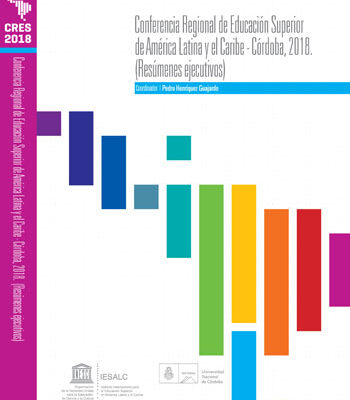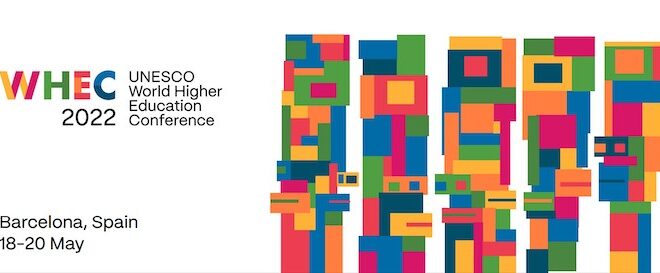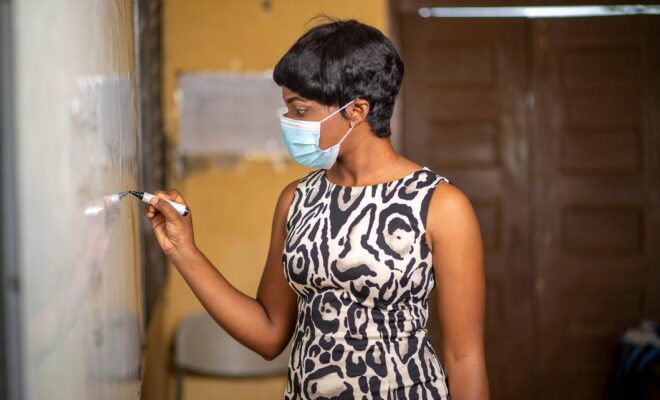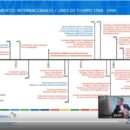CRES COLLECTION 2018 – The role of Higher Education in the face of the social challenges of Latin America and the Caribbean
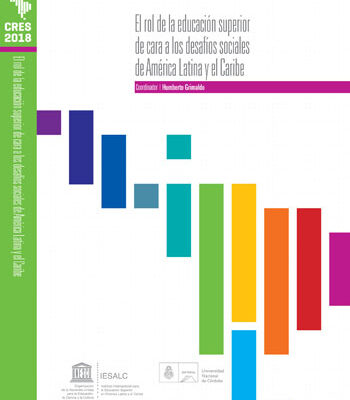
Social Responsibility (SR) has been understood as the commitment of all citizens, institutions – public and private – and social organizations, in general, to contribute to the improvement of the welfare of local and global society. There is an intense and new debate on SR, new actors emerge, who together with the old ones establish creative alliances to address the problems. New paradigms animate action. From an action centered on paternalistic charity, we have moved towards a citizenship based on justice, on rights and duties, and on the need we have for each other, making us learn to live together. It is accepted that we are interdependent, that there is a need for the other and to cement the commitment between people, in order to achieve human development for all without exclusion of any.
It also accepts the unique and unrepeatable character of the human person and his or her dignity as the basis for any action. For all this, a real and true social responsibility is heir to a clear concept of person; in this sense, Social Responsibility as a social commitment is not a market good but a solidary principle of growth in people, groups and companies; Therefore, it is necessary to reaffirm that all public and private social actors, whether for profit or not-for-profit, collaborate together to promote the essential common good that constitutes education for all and throughout life, as an element of building a more dignified, just and sustainable society, responsible for its territory and its people, in accordance with the universal ethical and humanist principles of UNESCO.
Download the book El rol de la educación superior de cara a los desafíos sociales de América Latina y el Caribe, coordinated by Humberto Grimaldo.
RELATED ITEMS

